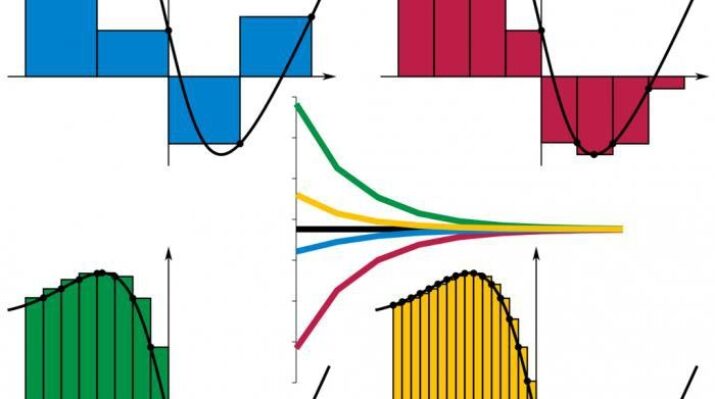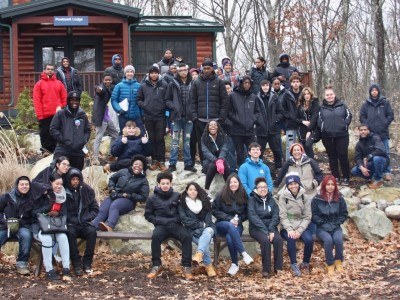Enabling Change
Taking Do the Math to High Schools
Topics

Next generation learning is all about everyone in the system—from students through teachers to policymakers—taking charge of their own learning, development, and work. That doesn’t happen by forcing change through mandates and compliance. It happens by creating the environment and the equity of opportunity for everyone in the system to do their best possible work.
Among NGLC’s 29 Wave I grantees, one of the several projects seeking to transform developmental math and enable enhanced student success was “Do the Math,” a project whose leaders worked with Education Trust to redesign developmental math programs at three community colleges.
Anyone even slightly concerned with higher education’s current crisis is familiar with the statistics: the percentage of students entering college who eventually emerge with degrees is dismally low. One important contributing factor to this statistic is that too many students enter college without appropriate levels of skill to pass gateway college math. One of their earliest college experiences then becomes the developmental math course, which does not count toward their degree and in which failure rates too often are also high. Improving college completion rates demands answers to this conundrum.
Among NGLC’s 29 Wave I grantees, one of the several projects seeking to transform developmental math and enable enhanced student success was “Do the Math,” a project whose leaders worked with Education Trust to redesign developmental math programs at three community colleges: Chattanooga State Community College, University of Hawaii – Maui College, and Jefferson Community and Technical College, in Kentucky. The project impacted over 9000 students in its first year, and is ongoing at each college.
Chattanooga State has now expanded its efforts, introducing a version of the successful “Do the Math” approach into local high schools in Tennessee. Instead of having to enroll in developmental math when they attend college, students who take advantage of the new option will have completed a college math class even before they receive their high school diplomas.
In May, 2012, Chattanooga State received a grant from the Tennessee Board of Regents for the SAILSprogram, which embeds the college’s developmental math program in the bridge math course during the senior year of high school. Pearson Education also supported the program with an in-kind contribution of its MyLabsPlus software. Students in this program meet in computer classrooms, where they access online materials to work on math while the instructor provides individual assistance. High school students who complete the developmental math program in the fall semester can enroll in a college math course in the spring semester.
The results thus far have been very encouraging. Two hundred high school students enrolled in the SAILS program in the fall, and over 80% of them completed at least half of the developmental math program, saving them one semester when they enroll in college. In a further success, 60% of the students completed the entire developmental math program in the fall semester, saving them two semesters in college. These students will be able to take a college-level math course immediately upon enrolling in college. And 20% of the students have taken advantage of the opportunity to enroll in a college-level math course, giving them a three-semester head start on their college career.
Several studies have shown the importance of students getting a head start in college: students who take advantage of opportunities such as this have higher enrollment, retention, and graduation rates than their peers. However, until now the head start opportunities such as dual enrollment have traditionally been available to the top students in each high school. By introducing the developmental math program in the senior year bridge math course, SAILS can give more high school students the chance to start their college career before graduating. In summary, promising projects such as SAILS, in which community colleges partner with their local high schools, can help address the nation’s problems in math.
Image by KSmrq, CC-BY-SA-3.0, via Wikimedia Commons




